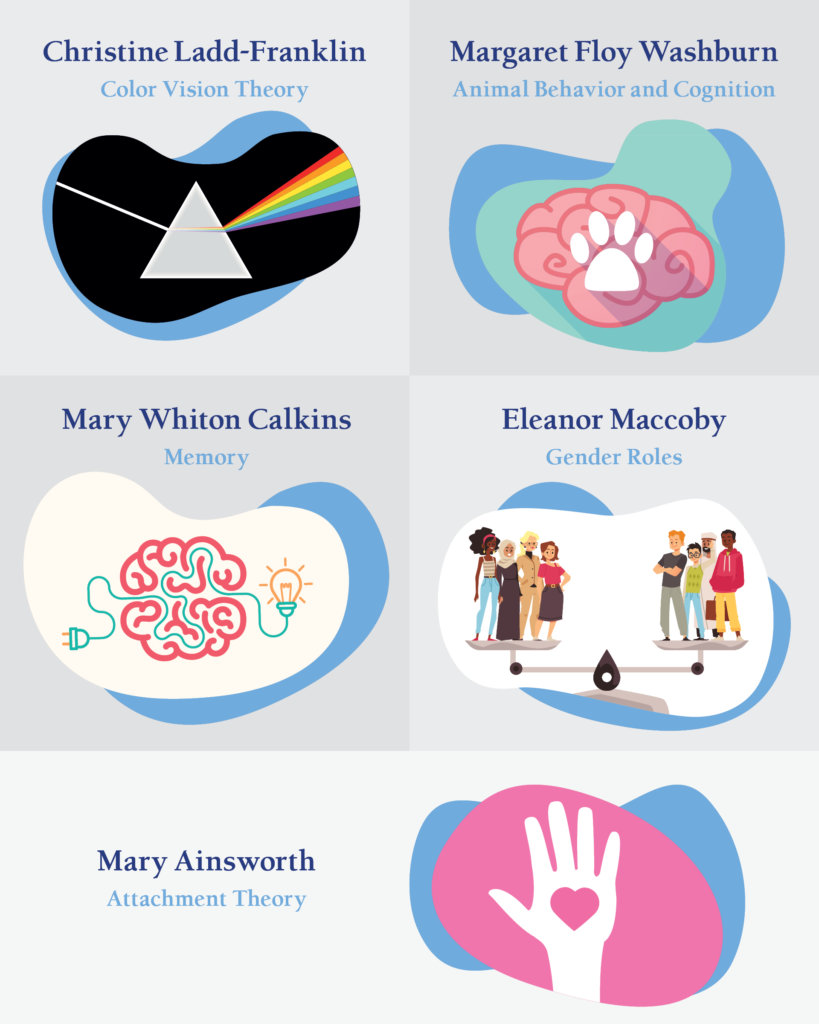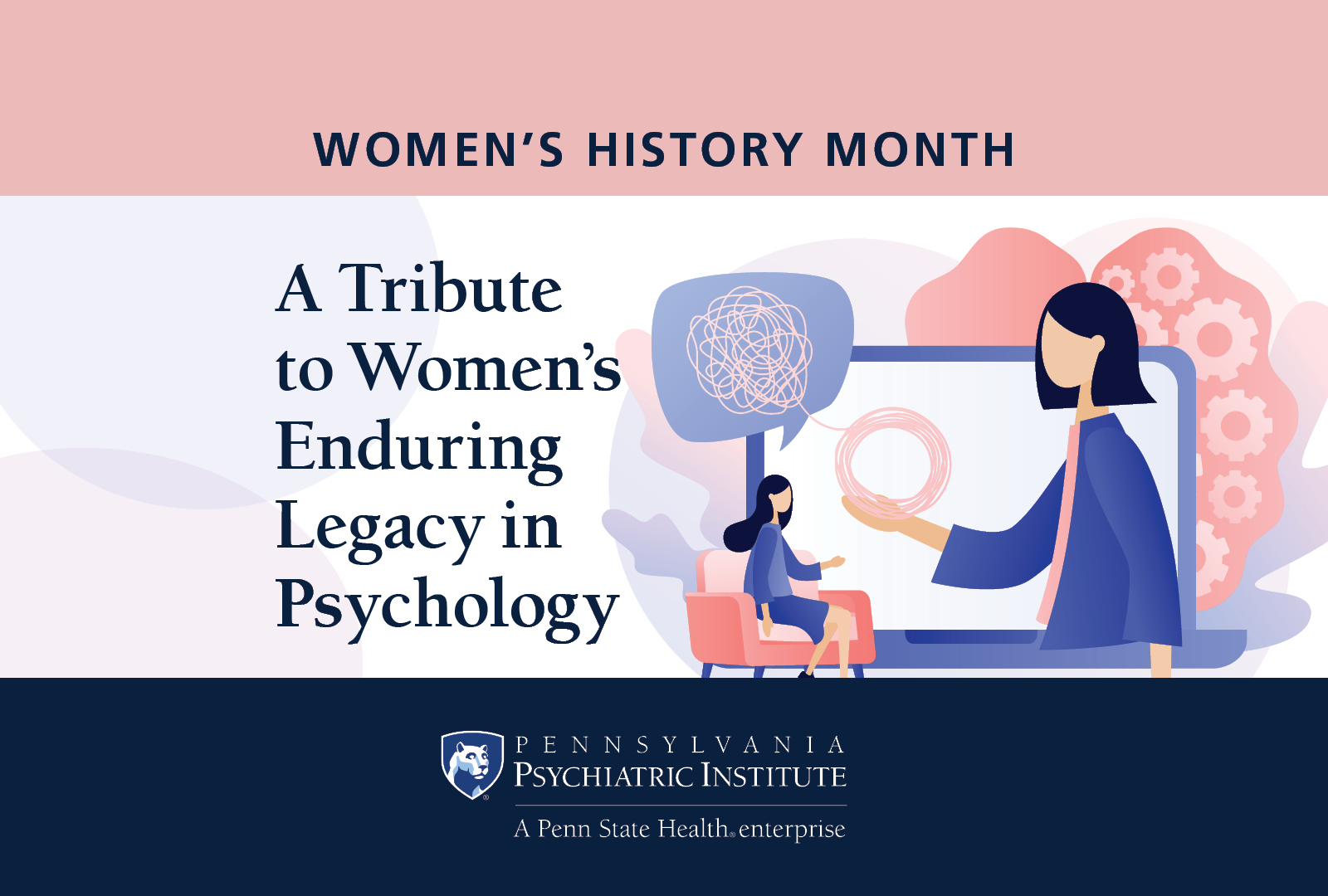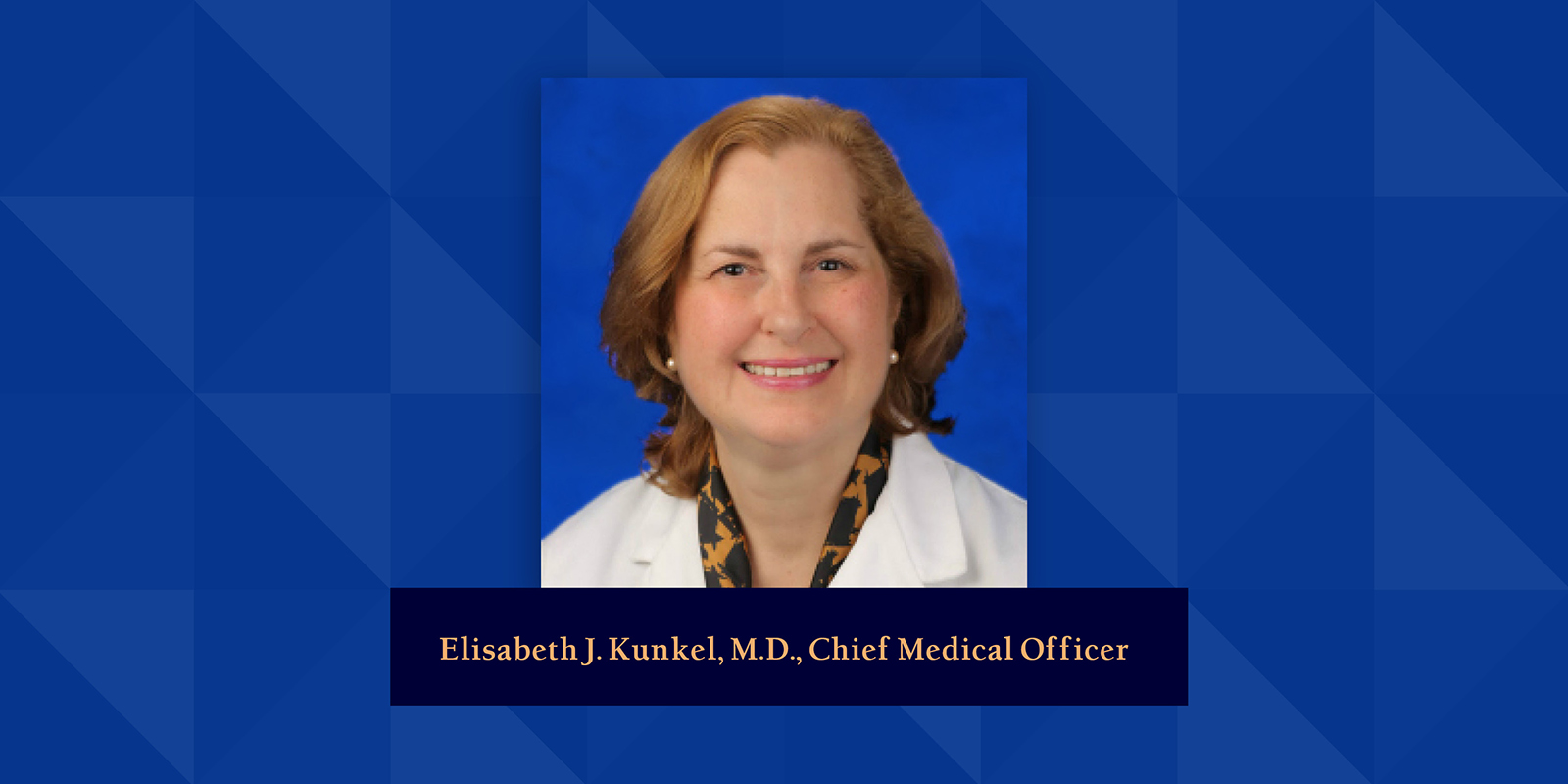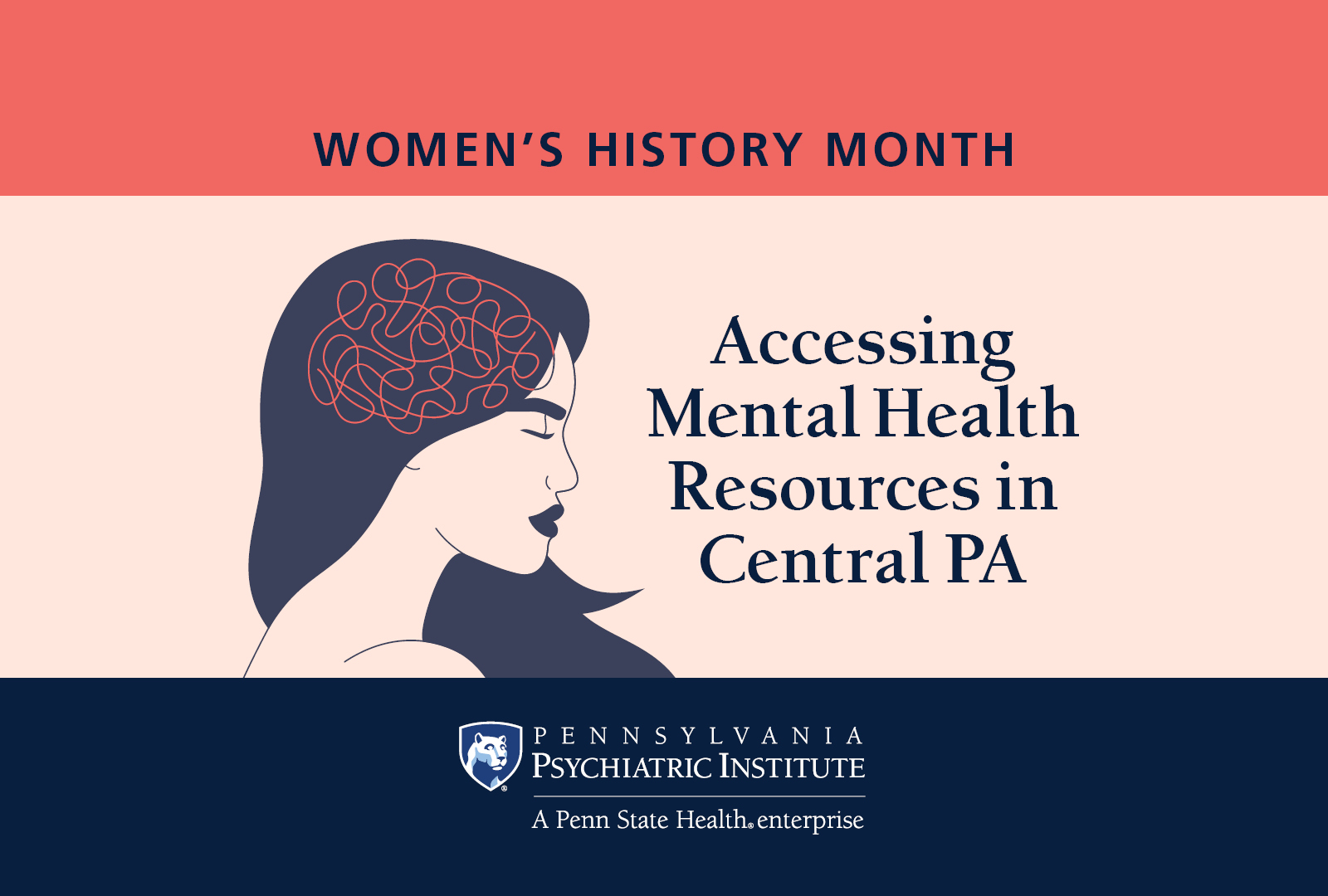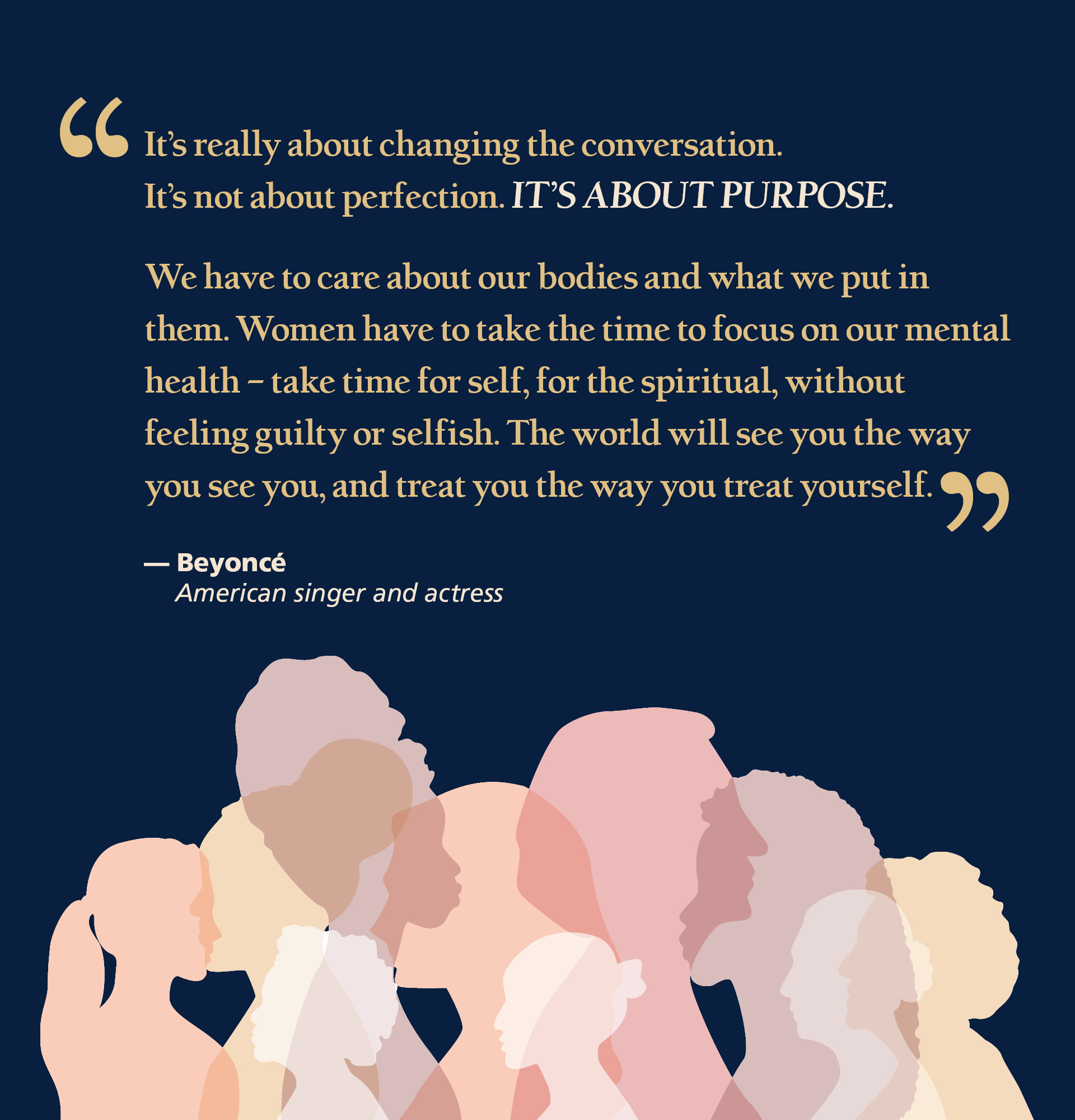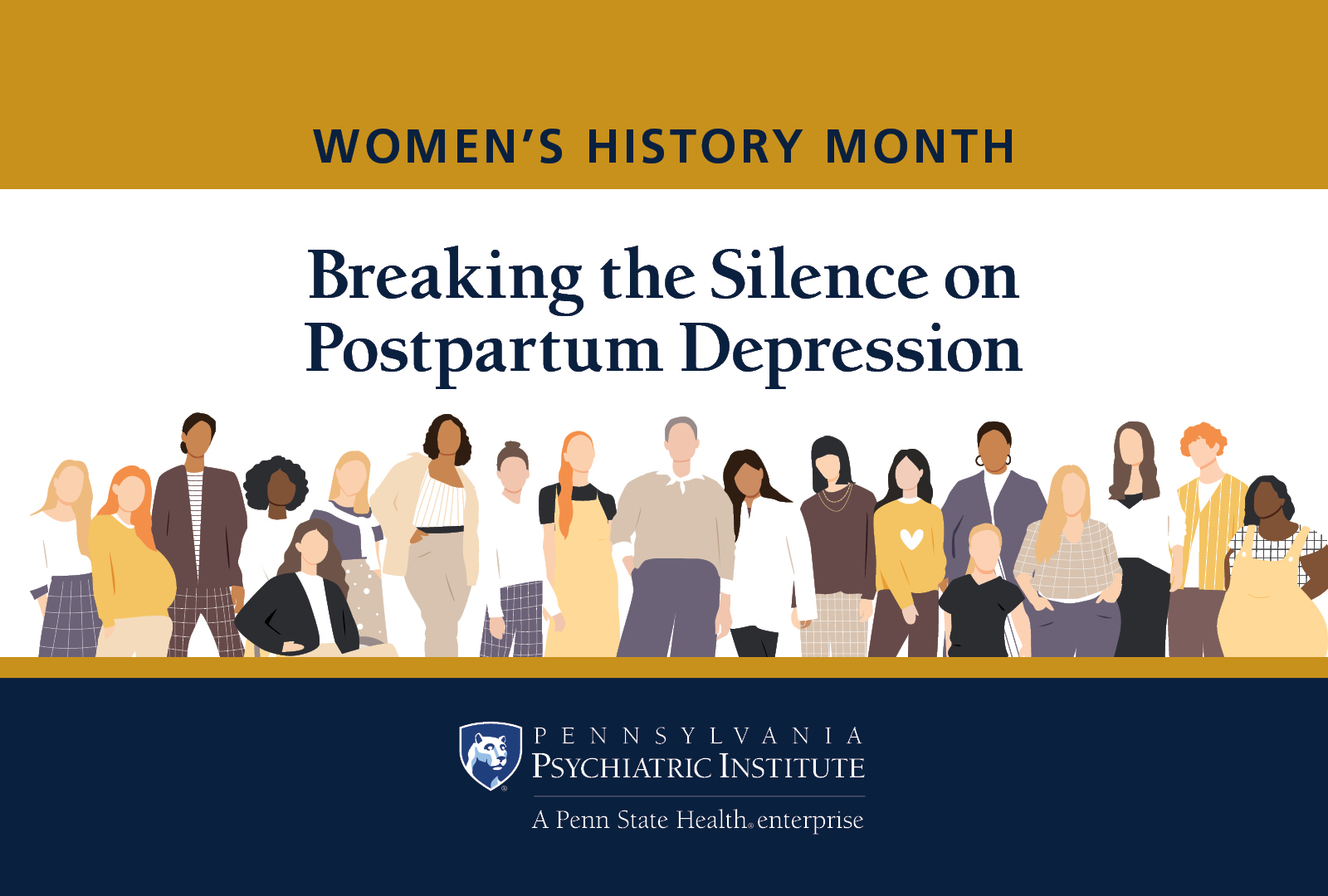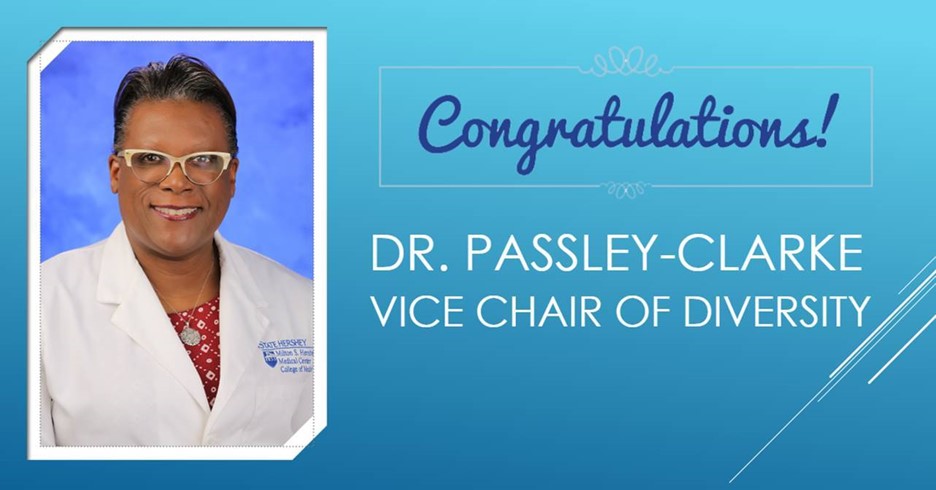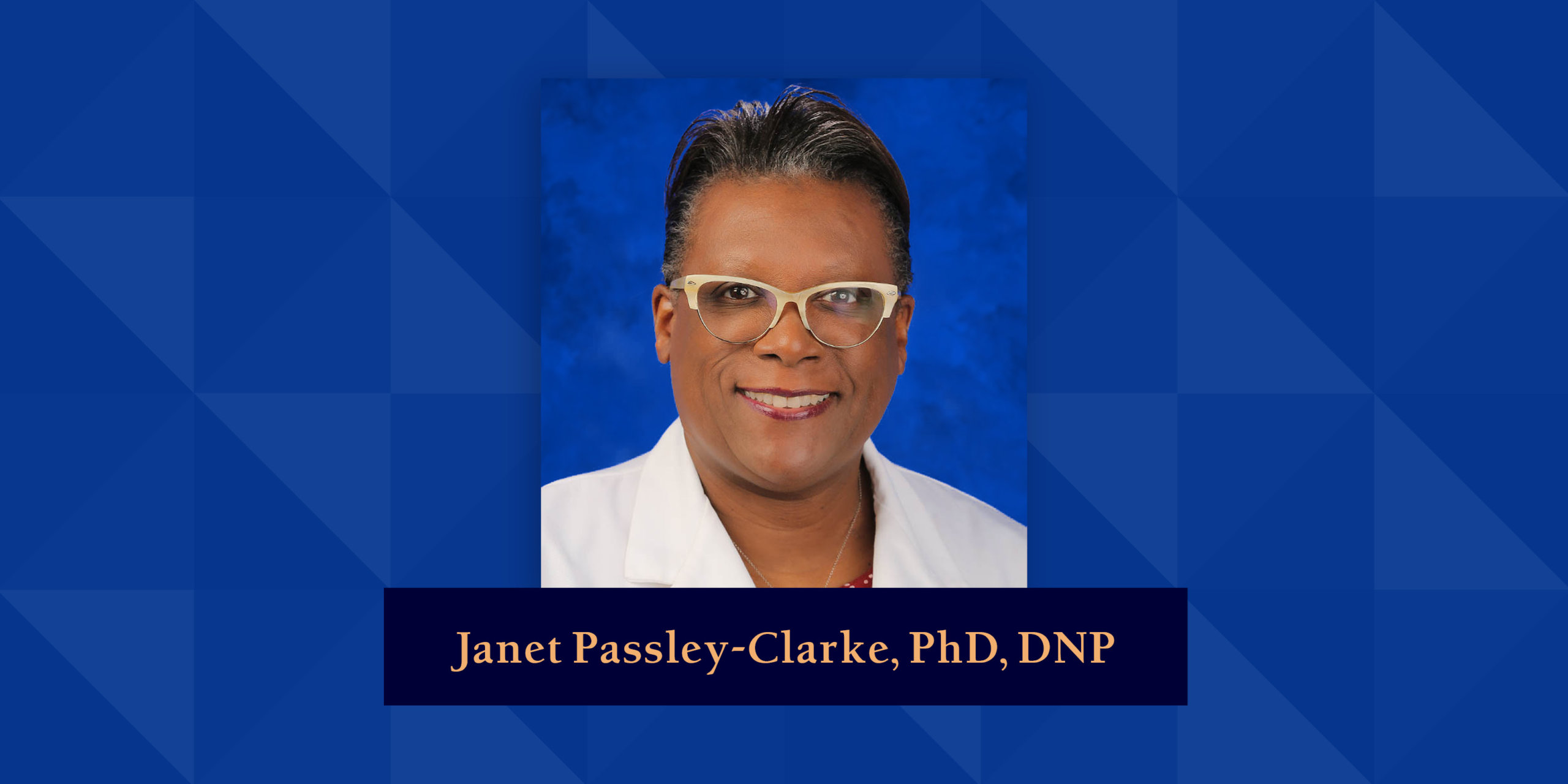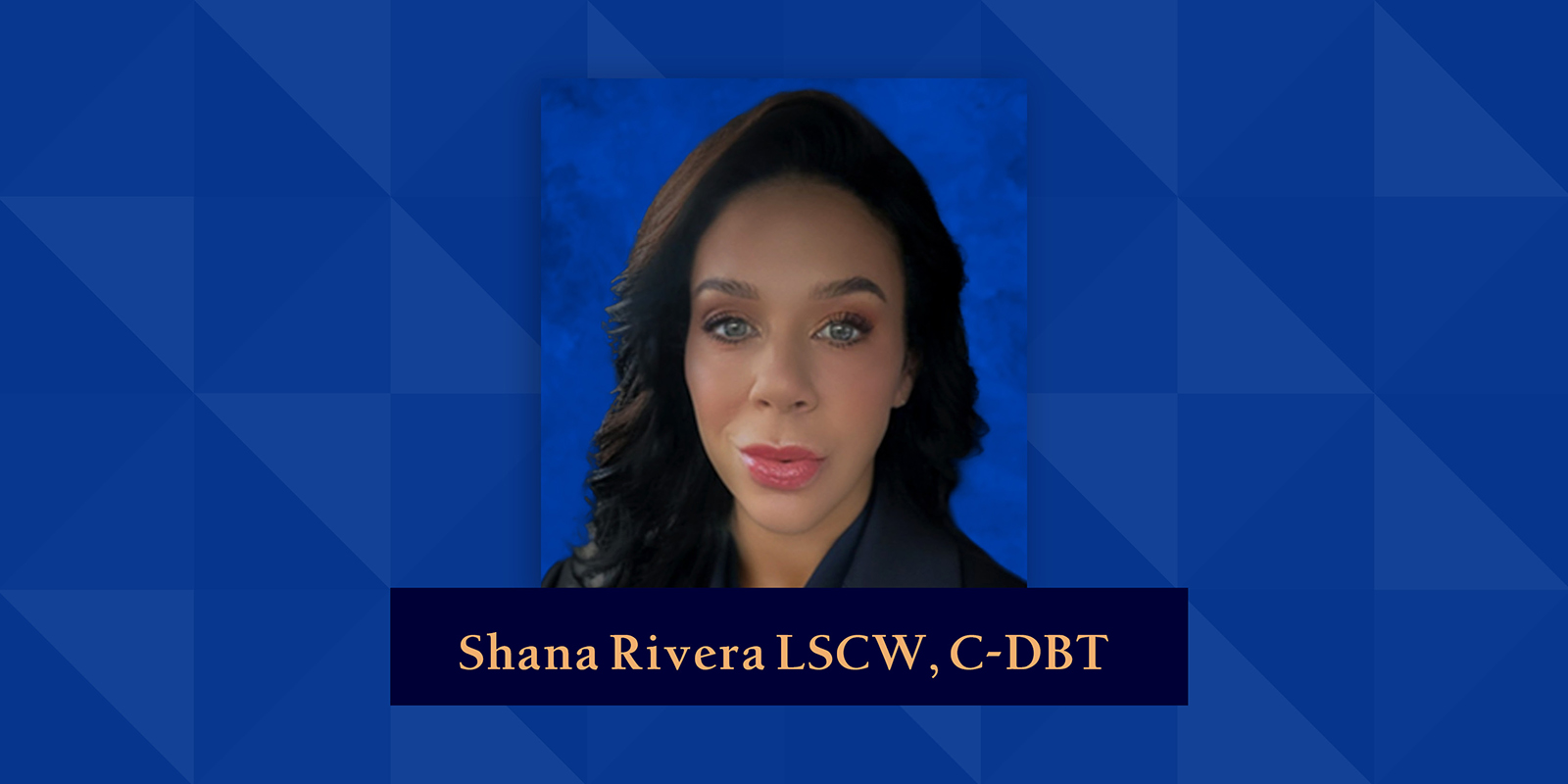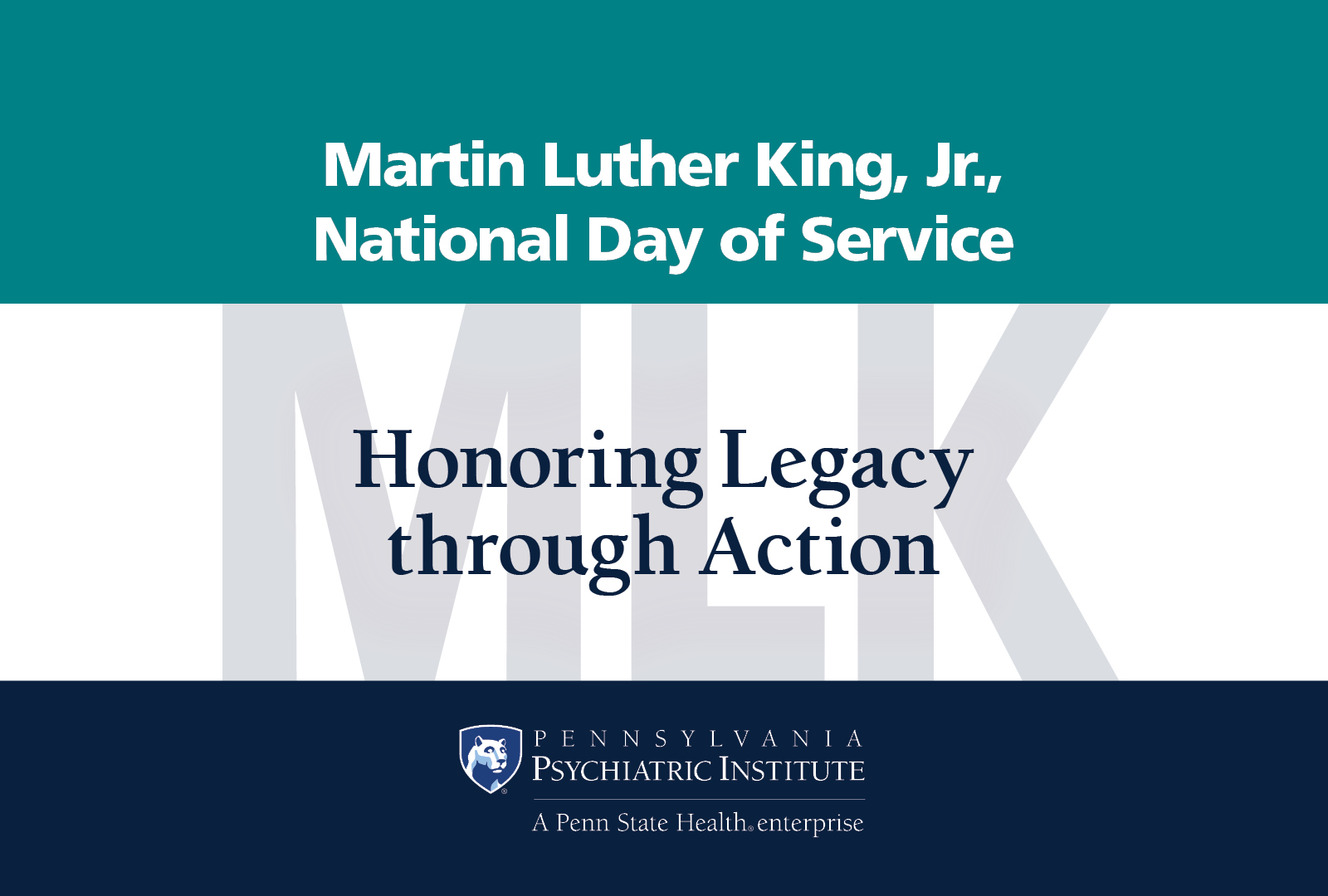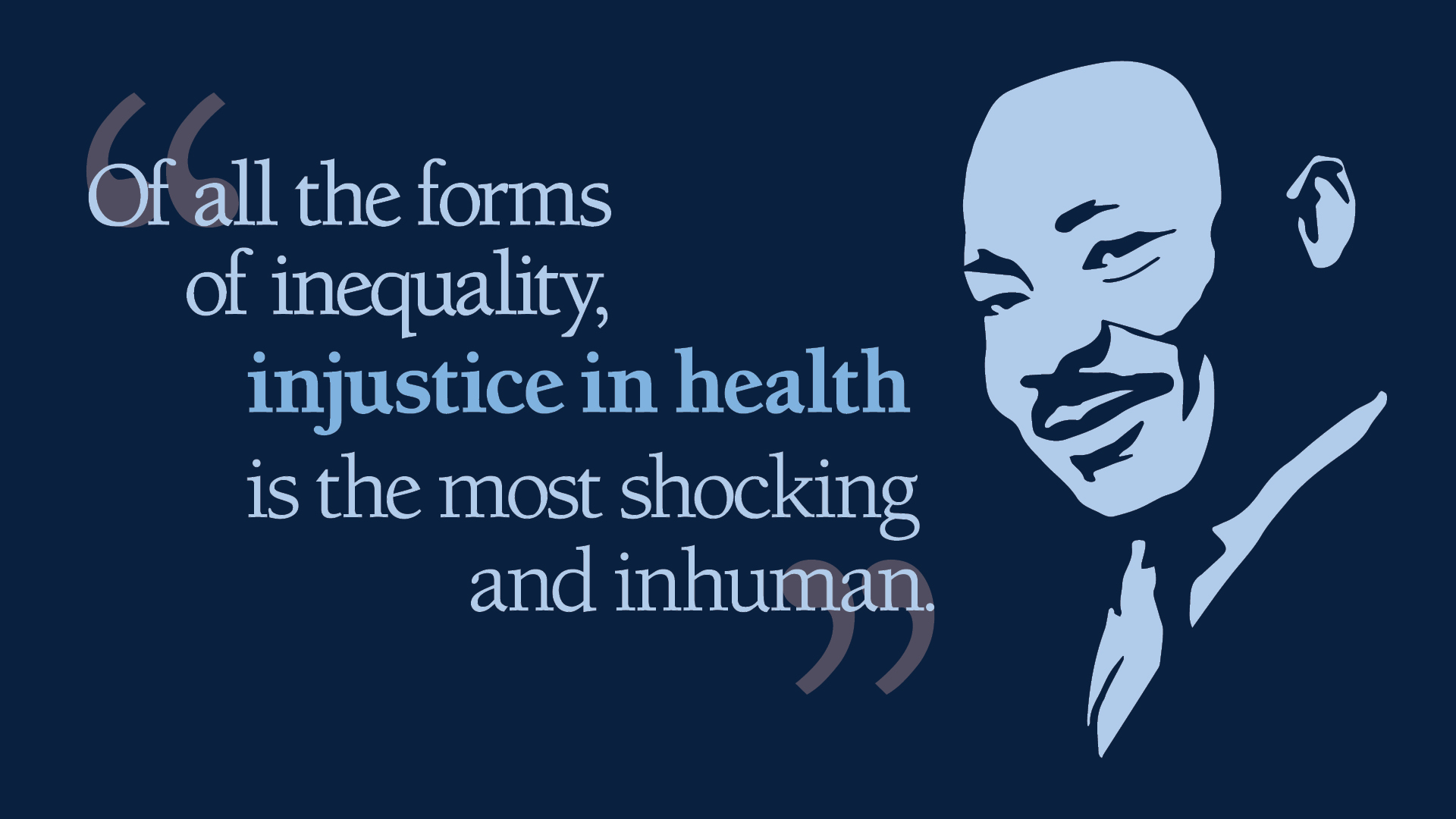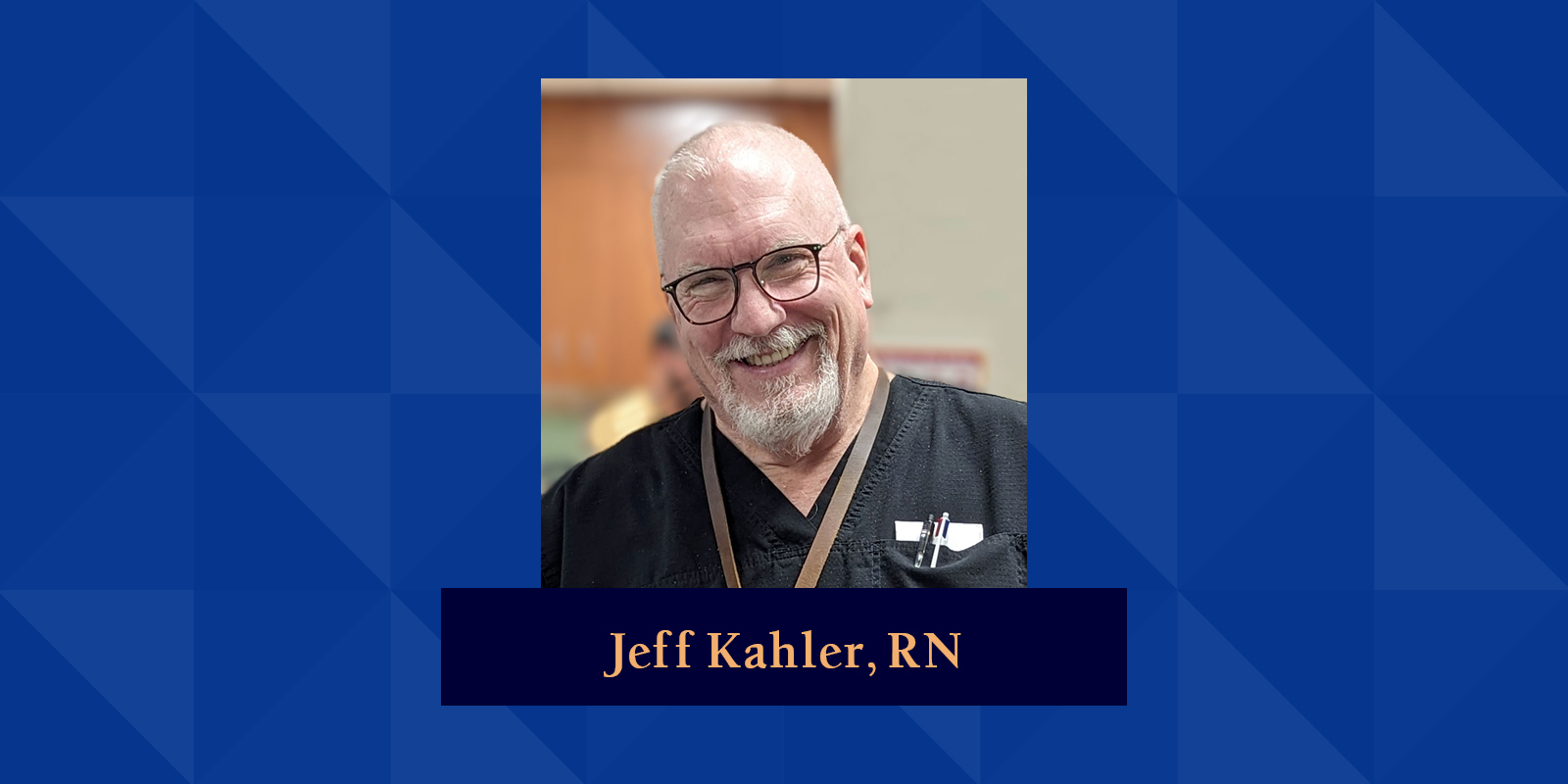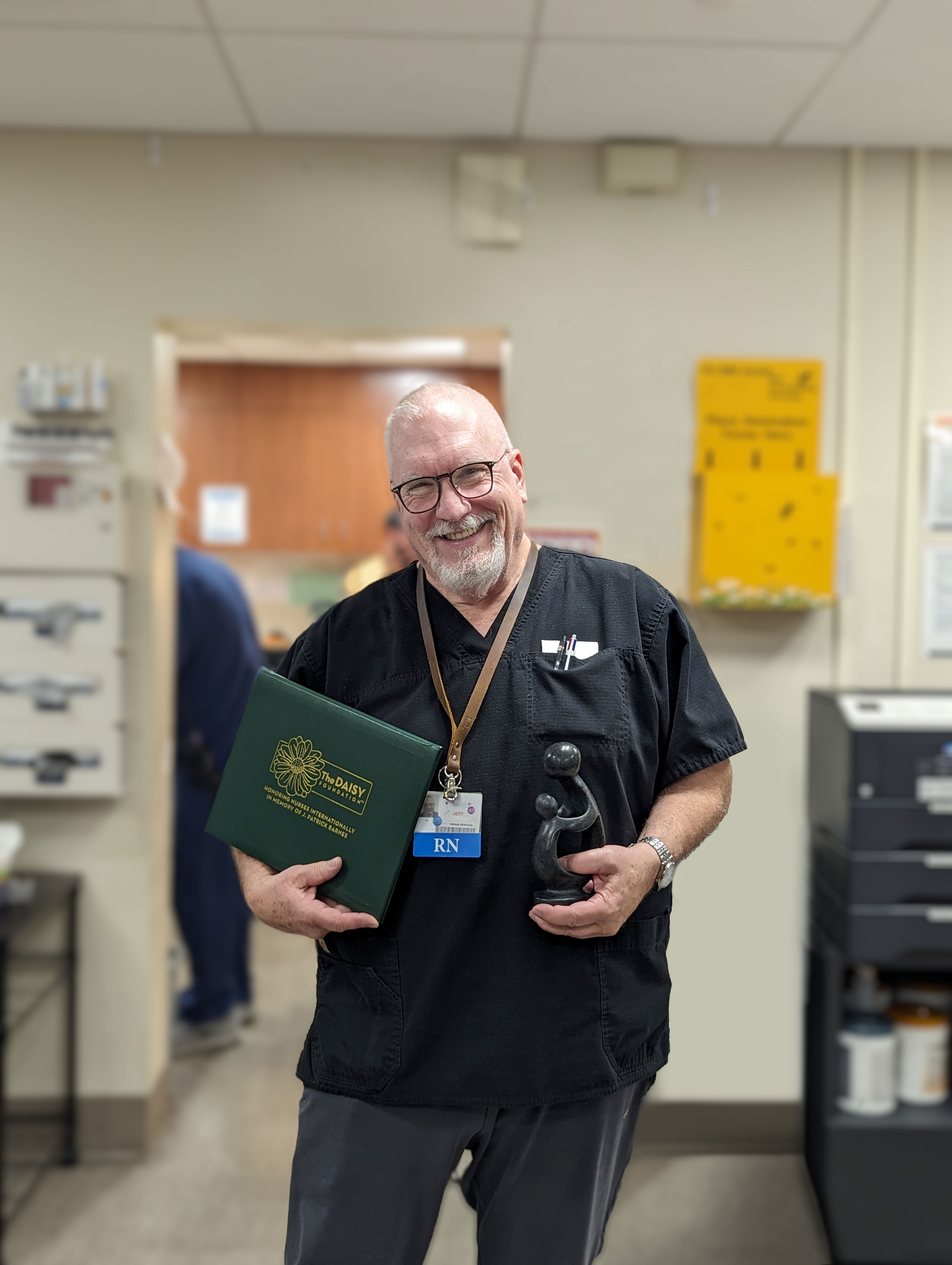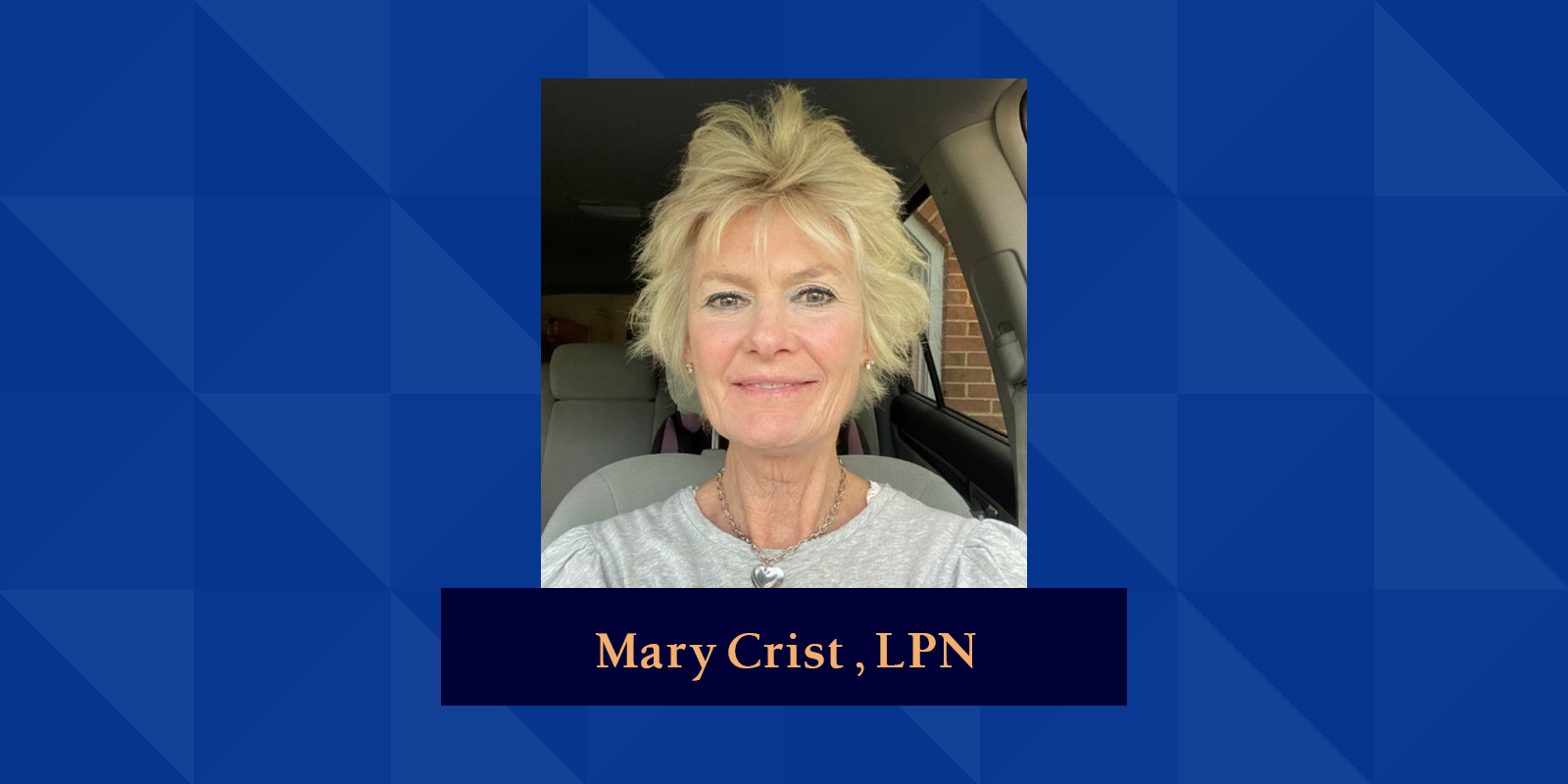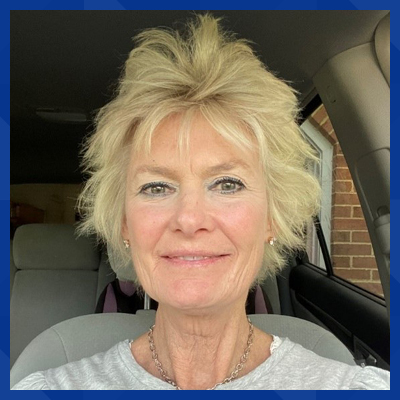In the journey of parenthood, the arrival of a new baby is often met with joy, celebration and a deep sense of fulfillment. However, for many new parents this transformative period can also bring about unexpected feelings of sadness, anxiety and isolation, signaling the onset of postpartum depression (PPD). The Pennsylvania Psychiatric Institute (PPI), a leading authority in mental health care in central Pennsylvania, is dedicated to breaking the silence around PPD, offering support, understanding and comprehensive treatment to those affected.
Understanding Postpartum Depression
Postpartum depression is a complex mental health condition that can affect anyone after giving birth and is characterized by persistent negative feelings. Affecting approximately one in eight new gestational parents, PPD can significantly impact their ability to care for themselves and their newborn. Unlike the more common and milder “baby blues,” which resolve within two weeks, PPD symptoms are more intense and can last much longer, requiring professional intervention.
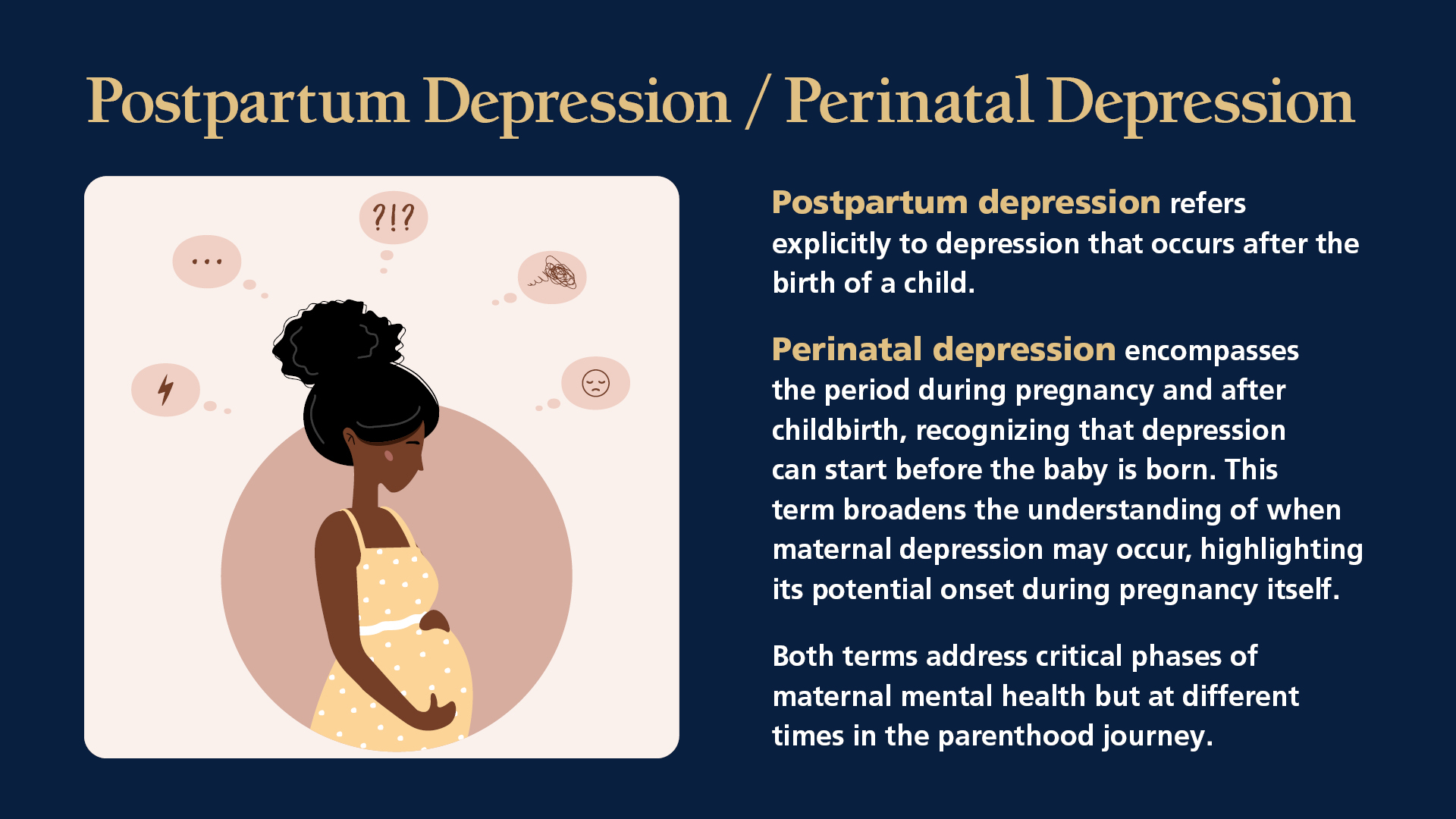
Symptoms and Causes
Symptoms of PPD can range from mild to severe, including but not limited to:
- Feeling angry or moody.
- Feeling sad or hopeless.
- Feeling guilty, shameful or worthless.
- Eating more or less than usual.
- Sleeping more or less than usual.
- Loss of interest, joy or pleasure in things previously enjoyed.
- Withdrawing from friends and family.
- Possible thoughts of harming the baby or yourself.
These symptoms are often compounded by sleep deprivation and the physical recovery from childbirth, making it challenging for new parents to seek help.
The exact causes of PPD are not fully understood but are believed to involve a combination of hormonal, biochemical, environmental, psychological and genetic factors. Rapid hormonal changes after childbirth, personal or family history of depression and stress are significant contributors.
Understanding Risk Factors for Postpartum Depression
Awareness of the risk factors associated with PPD is crucial in identifying and supporting those at higher risk. According to the Office of Women’s Health, certain conditions and experiences can elevate the risk of developing PPD. These include:
- Gestational parents who have had depression before or during pregnancy are at a higher risk.
- A family history of depression increases the likelihood of experiencing PPD.
- Those who have experienced abuse or adversity in childhood may be more susceptible.
- A difficult or traumatic birth, problems with a previous pregnancy or childbirth or having a baby with special health care needs can contribute to the development of PPD.
- The lack of a strong support network from family, friends or partners can heighten the risk.
- Experiencing domestic violence now or in the past is a significant risk factor.
- Relationship struggles, financial issues or other stressful life events can increase the risk.
- Younger gestational parents especially those under the age of 20, are more at risk.
- Difficulties with breastfeeding can lead to feelings of inadequacy and stress, contributing to PPD.
- Having a premature baby or one with health issues can be overwhelming and stressful, leading to PPD.
- An unplanned pregnancy can increase the risk of PPD due to the potential for added stress and emotional turmoil.
Addressing Postpartum Depression
Recognizing the impact of PPD on gestational parents and their families, PPI emphasizes a multifaceted approach to support and treatment, drawing on recommendations from the Office of Women’s Health. Understanding that everyone’s journey with PPD is unique, PPI advocates for personalized care plans that may include a combination of therapy, support groups, self-care, social support and medication.
Therapy and Counseling
Engaging in therapy or counseling with a mental health professional is pivotal in navigating the emotional and psychological challenges of PPD. These sessions provide a safe space to explore feelings, understand the underlying causes of distress and develop coping strategies.
Support Groups
Joining a support group offers the invaluable benefit of shared experiences and mutual understanding. Connecting with others facing similar struggles can foster a sense of community and reduce feelings of isolation.
Self-Care
Self-care is a cornerstone of managing PPD, emphasizing rest, nutrition and physical activity. Prioritizing sleep, consuming a nutrient-rich diet and exercise can significantly impact one’s mental health and overall well-being.
Social Support
The role of social support cannot be overstated. Reaching out to family, friends or trusted individuals for help and guidance provides emotional comfort and practical assistance, which is crucial during this challenging time.
Medication
For some, medication is a necessary component of treatment. Antidepressants, for example, can help alleviate symptoms of depression.
Breaking the Silence
One of the most significant barriers to seeking help for PPD is the stigma and silence surrounding the condition. Many parents feel ashamed or guilty for not experiencing the happiness they believe is expected of them, fearing judgment or being labeled as unfit parents. PPI is committed to changing this narrative by promoting open discussions about PPD, emphasizing that it is a common and treatable condition, not a failure.
Effects on Parenting and Personal Well-being
Parents experiencing untreated PPD may find themselves struggling with the following:
- Feeling perpetually tired, which can significantly impact their ability to engage in daily activities and care for their child.
- PPD can make it hard to concentrate on the baby’s and one’s own needs, affecting decision making and prioritization.
- The overwhelming feelings of sadness or hopelessness associated with this condition can hinder a parent’s ability to care for their baby adequately.
- PPD can lead to heightened irritability or moodiness, affecting interactions with the baby and others.
- In severe cases, untreated PPD can escalate to thoughts of harming oneself or the baby highlighting the need for immediate intervention.
The repercussions of untreated PPD on children can manifest in various developmental areas:
- There may be delays in language development and challenges in learning, impacting academic achievement.
- Difficulties in parent-child bonding can lead to behavior problems, increased crying or agitation and challenges in social interactions.
- Research indicates a potential link between PPD and physical outcomes for the child, such as shorter stature and a higher risk of obesity in preschoolers.
- Children may face difficulties dealing with stress and adjusting to school and other social situations, affecting their resilience and coping mechanisms.
PPI’s Role in Supporting Parents
As part of its mission, PPI provides a compassionate and understanding environment for people facing PPD. With a comprehensive team of specialists, including psychiatrists, psychologists and counselors, PPI offers a range of services tailored to each individual’s needs. Treatment options may include therapy, medication, support groups and holistic approaches to wellness, ensuring that everyone receives the care and support necessary for recovery.
Seeking Help and Support
If you or someone you know is experiencing symptoms of PPD, it’s crucial to seek help. Early intervention can lead to better outcomes for the parents and the child. At PPI, we encourage new parents to seek support without fear of judgment. Our team is here to guide you through your recovery journey, offering the tools and resources needed to regain your strength and well-being.
Postpartum depression is a condition that no one should have to face alone. By breaking the silence and providing a supportive community, PPI aims to empower people to seek the help they need. Remember, reaching out for support is a sign of strength and the first step towards healing. Together, we can ensure that everyone can experience parenthood’s joy to its fullest.
For more information on PPI’s services and resources for postpartum depression, or if you or someone you know needs help, please don’t hesitate to contact PPI’s Admissions Department. Assistance is available 24 hours a day, seven days a week, at 717-782-6493. Your call will be handled with confidentiality and compassion by our dedicated professionals, who are here to guide you through your recovery journey.
